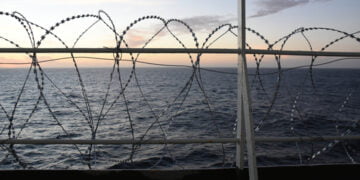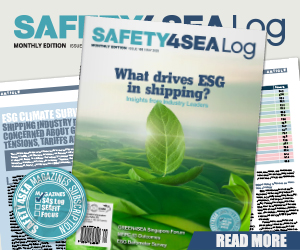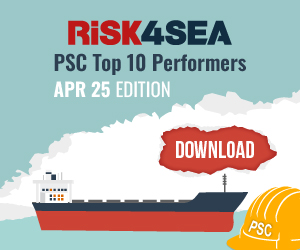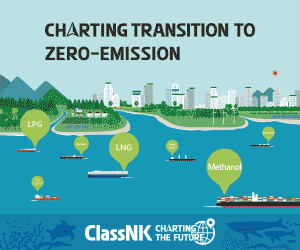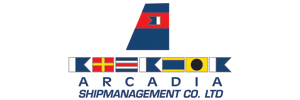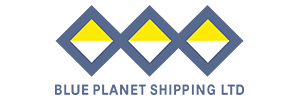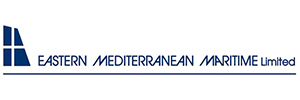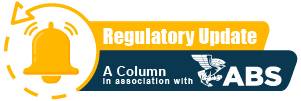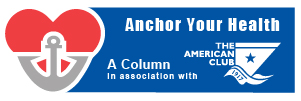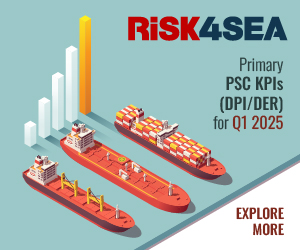Britannia P&I Club has issued a notice on the topic of ships that continue to be subject to “disruption charges” in the Panama Canal.
The charges were introduced in December 2022 and took effect from 1 January 2023. They were implemented to minimise the risk of delays and disruptions in the canal caused by incidents during transit. The charges are intended to encourage ships to rectify deficiencies and report them in a timely manner.
Deficiencies that appear to occur on a frequent basis are:
- The ship’s draft exceeding the maximum draft requirements, particularly when failing to consider the change in water density in the canal
- Engine problems during transit
- Non-compliance with manoeuvring fuel requirement for the canal.
- Air conditioning systems not meeting Panama Canal vessel requirements, where strict temperature and humidity levels are stated for the wheelhouse and/or pilot cabin.
The charges can range from USD 15,000 to as much as USD 250,000, depending upon the level of impact and the ship type and the timing of when deficiencies or conditions are reported or discovered determines the impact level.
Appeal against the charges
Disruption charges are listed in the Panama Canal Authority’s maritime tariffs and cannot be appealed. However, according to information Britannia received from local correspondent C. Fernie & Co SA, a “request for reconsideration” can be submitted to the Panama Canal Authorities if the ship believes the charges were applied incorrectly. That said, the success rate for reversing disruption charges has so far been low.
Britannia Club recommends that owners, managers, and masters of ships transiting the Panama Canal familiarise themselves with common deficiencies that may result in disruption charges. Every effort should be made to identify and rectify any deficiencies or conditions that could lead to such charges before the ship begins transit.
Pre-arrival and pre-departure checks should include inspections and tests to ensure that the vessel meets Panama Canal vessel requirements. Any identified deficiencies or conditions should be reported promptly through the Panama Maritime Single Window system (VUMPA).
If a ship is scheduled to transit the canal and has a pilot on board before the start of transit, and if deficiencies or conditions were reported by the ship prior to getting underway, these are considered low impact deficiencies. However, any deficiencies or conditions discovered or reported during transit are considered high impact.
Furthermore, some deficiencies such as unsafe pilot boarding arrangements, an inoperative whistle, or the ship’s draft exceeding the tropical freshwater mark are classified as high impact, even if reported before the ship gets underway.
Ships have 30 minutes to correct deficiencies or conditions that present or develop while underway to avoid the application of disruption charges.







